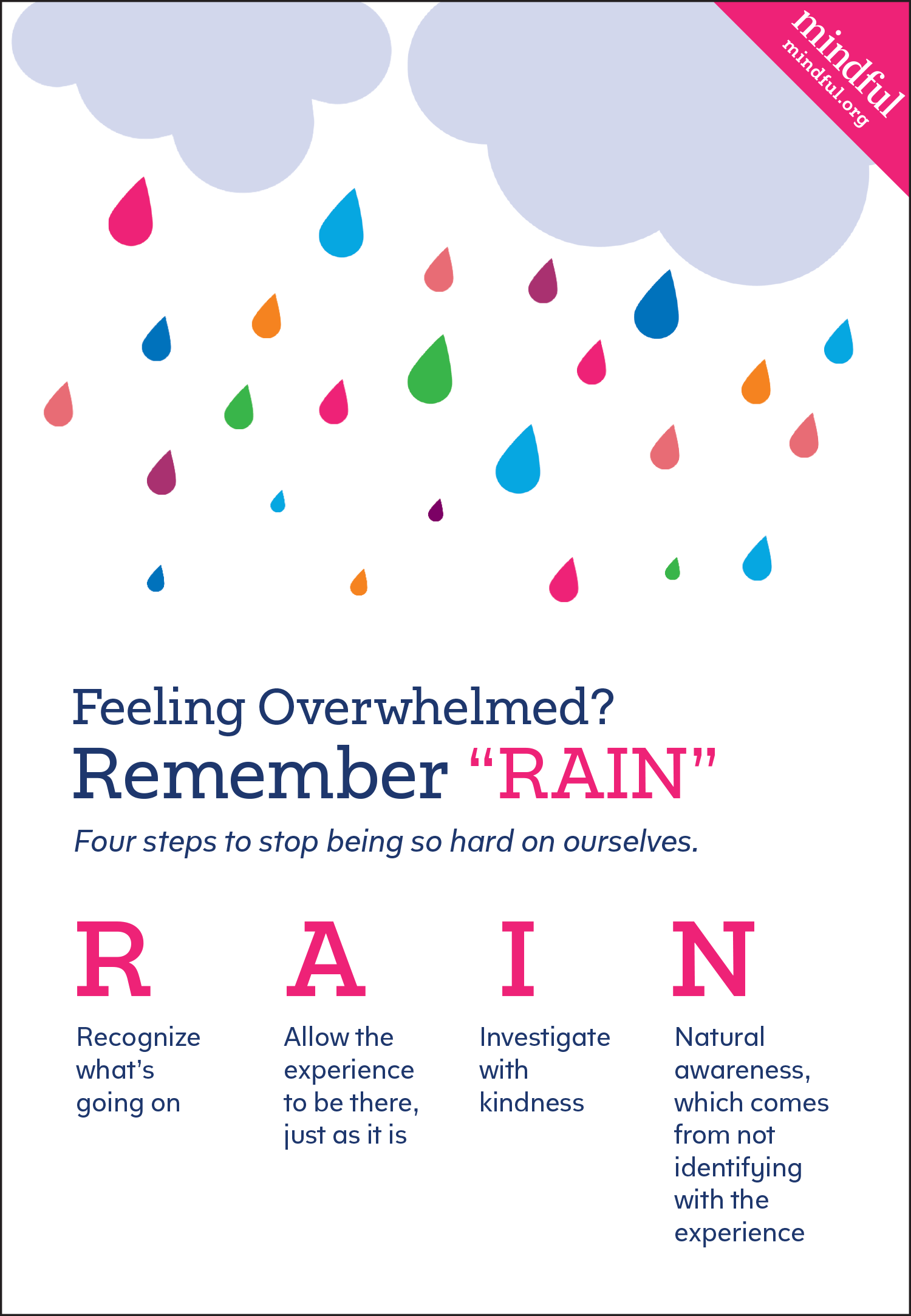Introduction
Rain isn’t just water falling from the sky—it’s an emotional trigger, a memory cue, and sometimes a mood-altering agent. From cozying up with a book on a rainy afternoon to feeling inexplicably gloomy when clouds gather, humans have long had strong emotional responses to weather. But is this purely cultural, or could it have a deeper psychological mechanism? Enter the concept of Pavlovian conditioning—the idea that we can form emotional associations with stimuli in our environment, including weather.

Read More: Mental Clutter
The Psychology Behind Weather and Mood
Ivan Pavlov’s classic experiments with dogs in the early 20th century revealed that animals—and humans—can learn to associate neutral stimuli with meaningful outcomes (Pavlov, 1927). While Pavlov famously conditioned dogs to salivate at the sound of a bell, humans are constantly conditioning themselves in subtle ways. For instance, if every rainy day coincides with feeling safe and cozy indoors, we might develop a positive association with it. Conversely, if it consistently involve stress, such as commuting in traffic or being stuck at work, the association might turn negative.
Studies have found that weather can influence mood, albeit subtly. Keller et al. (2005) found correlations between daily weather patterns and reported emotional states, suggesting that sunny days tend to boost mood, whereas gloomy days can increase irritability. However, the emotional response to it isn’t uniform—some people report feeling refreshed and inspired during a storm. This divergence can often be traced back to learned associations, shaped by personal history and cultural context.
The Role of Memory
It can serve as a powerful cue for autobiographical memory. Researchers have shown that sensory triggers—like smell, sound, or visual patterns—can bring past events to the forefront of our minds (Herz, 2004). The sound of raindrops on a window might instantly evoke memories of childhood, vacations, or even heartbreak. This emotional layering is what makes weather such a fascinating psychological phenomenon: a single drizzle can activate both nostalgia and current mood simultaneously.
5 Common Emotional Associations People Have with Rain
The 5 most common association with rain includes:
- Cozy Comfort: Many associate rain with warmth, blankets, and hot drinks—positive feelings of safety.
- Melancholy and Reflection: Rain can evoke sadness or introspection, especially if paired with stressful experiences.
- Romantic Vibes: Think of cinematic rain scenes—they often trigger emotions tied to love or intimacy.
- Renewal and Refreshment: Rain symbolizes cleansing and new beginnings in multiple cultures.
- Anxiety or Stress: For some, rainy weather triggers memories of missed plans, traffic, or seasonal depression.
These associations aren’t random—they are learned responses, often strengthened over years of repeated experiences.
Cultural and Individual Differences
Culture plays a huge role in how it is perceived. In Japan, for example, it has been celebrated in art and literature for centuries, symbolizing life, growth, and beauty (Yoshida, 2010). In contrast, in countries where rain is associated with flooding or economic disruption, people might develop more negative emotional links. Additionally, personality traits like neuroticism or openness to experience can modulate one’s reaction to it (Eid & Diener, 2001). A highly reflective individual might find inspiration during storms, while someone prone to anxiety may feel tense.
Practical Implications
Understanding these Pavlovian associations isn’t just academic—it has real-world implications:
-
Therapy: Rain cues could be leveraged in exposure therapy or mood regulation exercises.
-
Work and Productivity: Music or soundscapes mimicking rain could help some people focus or relax.
-
Marketing: Advertisers often tap into weather-associated emotions to evoke nostalgia or comfort.
Creating Positive Associations
The good news is that these emotional reactions aren’t fixed. Through intentional pairing, people can recondition their responses. For instance:
-
Pairing rainy days with enjoyable activities (reading, journaling, coffee shops) can build positive associations.
-
Mindfulness during storms can shift attention from negative thoughts to sensory experiences, enhancing mood.

Conclusion
Rain is more than a meteorological event; it’s a canvas for emotional conditioning. Through personal experiences, culture, and repeated exposure, individuals develop unique emotional responses to rain, sometimes unconsciously. So the next time you hear raindrops tapping against your window, take a moment to reflect—your mind might be dancing with Pavlovian memories you didn’t even know were there.
References
Eid, M., & Diener, E. (2001). Norms for experiencing emotions in different cultures: Inter- and intranational differences. Journal of Personality and Social Psychology, 81(5), 1026–1040. https://doi.org/10.1037/0022-3514.81.5.1026
Herz, R. S. (2004). A naturalistic analysis of autobiographical memories triggered by olfactory, visual, and auditory stimuli. Chemical Senses, 29(3), 217–224. https://doi.org/10.1093/chemse/bjh025
Keller, M. C., Fredrickson, B. L., Ybarra, O., Côté, S., Johnson, K., Mikels, J., … & Wager, T. (2005). A warm heart and a clear head: The contingent effects of weather on mood and cognition. Psychological Science, 16(9), 724–731. https://doi.org/10.1111/j.1467-9280.2005.01602.x
Pavlov, I. P. (1927). Conditioned reflexes: An investigation of the physiological activity of the cerebral cortex. Oxford University Press.
Yoshida, K. (2010). Weather and aesthetics in Japanese literature: Rain as a cultural symbol. Japanese Studies, 30(2), 195–210. https://doi.org/10.1080/10371397.2010.494746
Subscribe to PsychUniverse
Get the latest updates and insights.
Join 3,036 other subscribers!
Niwlikar, B. A. (2025, August 22). Pavlovian Raindrops and 5 Interesting Emotional Associations People Have with Rain. PsychUniverse. https://psychuniverse.com/pavlovian-raindrops/



